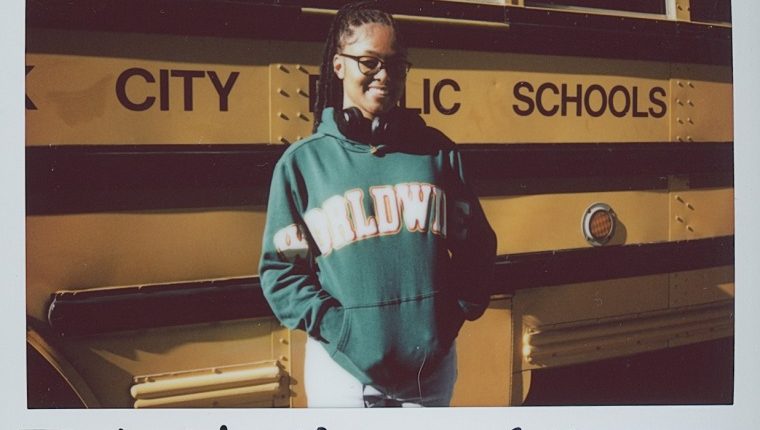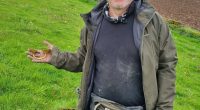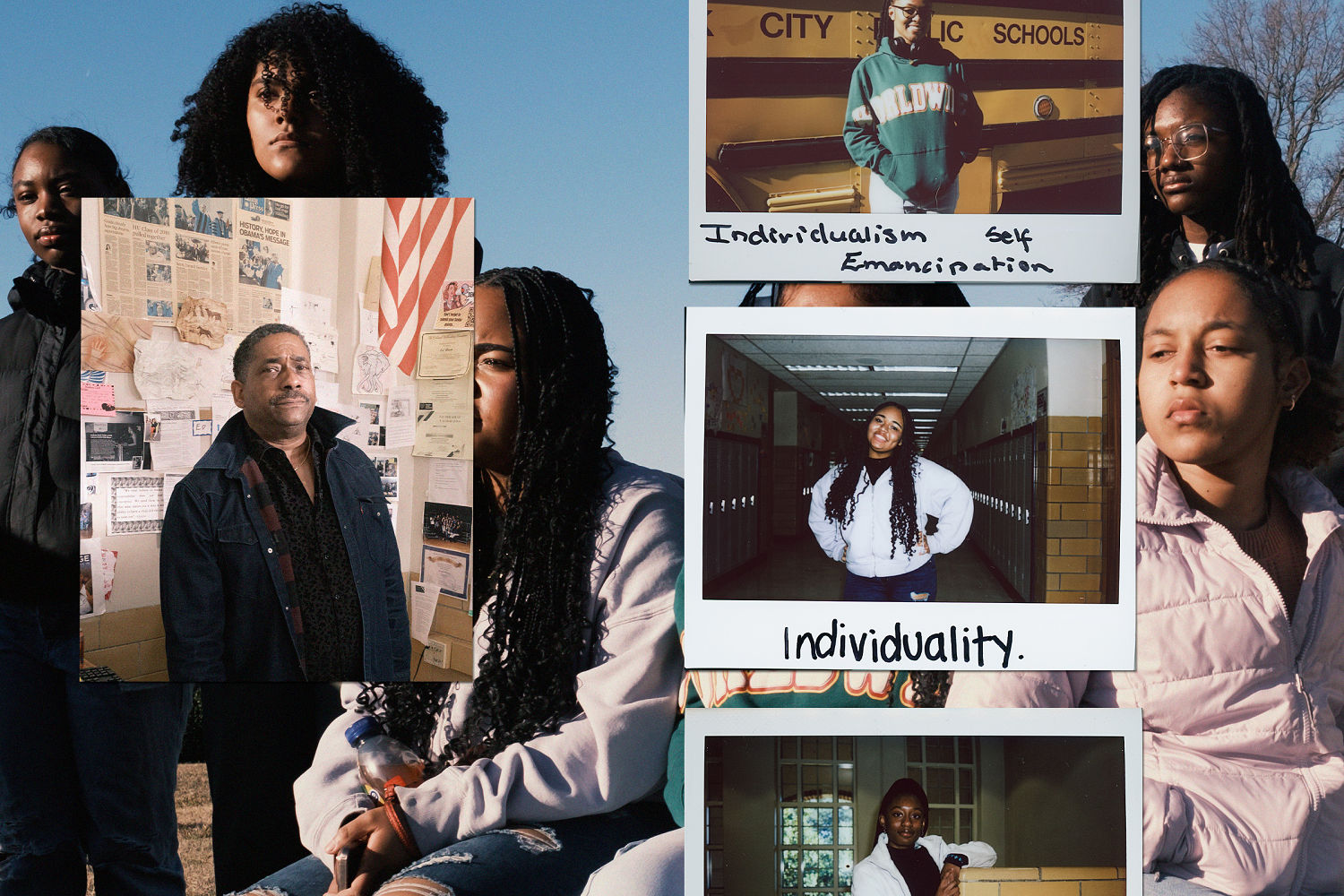His passion for teaching Black history is fueled by his students’ eagerness to learn it. During class the day before visiting Fort Monroe, he stalked the aisles as he lectured and challenged his students to share their opinions on how they understood freedom. At Fort Monroe, he milled among the students on the tour, imparting bits of added depth to the information shared by the guide. He laughed with them. He bought some of them lunch.
“Teaching is a blessing for me,” Allison said. “It’s intrinsic. When kids come back 10, 15 years later and say, ‘Mr. Allison, you were a part of my success,’ that’s powerful.”
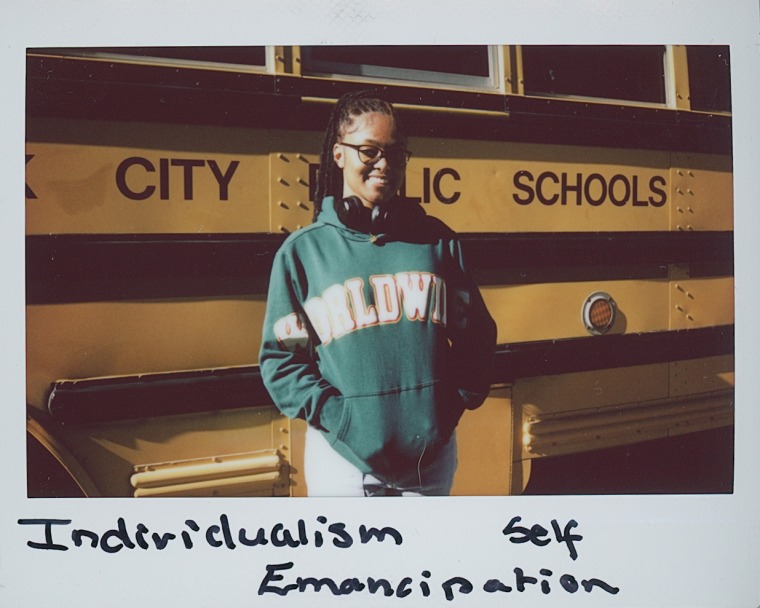
Alexander is the oldest of three children. A Granby football player with a 4.6 grade point average, he works with the Down Syndrome Association of Hampton Roads. His father’s father hails from Trinidad, his mother from St. Lucia. He was named Justice “because it fits into how my dad wanted my world to be shaped.”
The power of learning Black history for Alexander resonates in how he speaks about it. “I took this course to have a better understanding of my history as a Black person in America,” he said. Until now, he said, so much of Black history had “been glossed over — there’s hardly any real mention of slavery and its impact in most history classes. So, getting this greater context and perspective is eye-opening.”
His classmate Ariyana Roman said she was miffed that she did not know Fort Monroe existed.
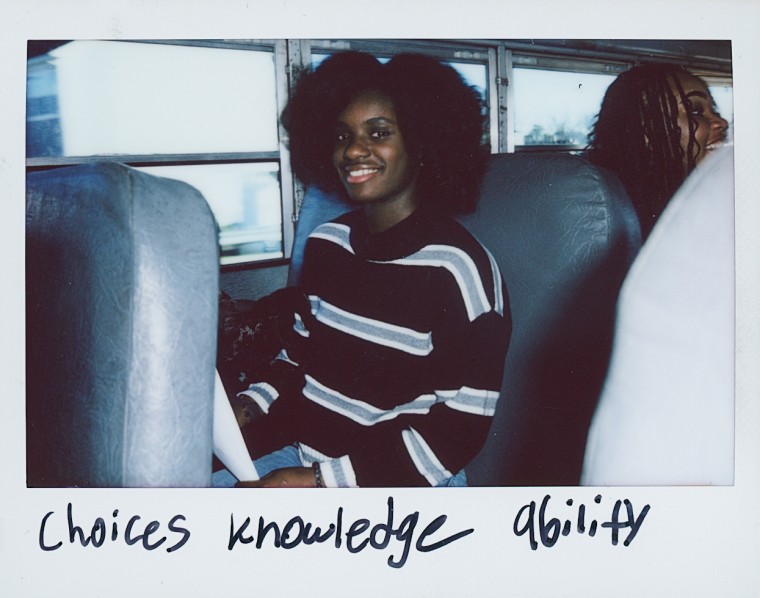
“I have lived in Virginia for 11 years and I had no clue this was here, and I’ve taken regular history courses for years,” Roman, 17, said.
If anything, Allison’s teaching has only helped her feel more empowered.
“Everything I learn in this class enhances who I am,” Roman said. “The class acknowledges all that’s happened and how we can learn and be better for it. It’s acknowledging what Black people are capable of. And it’s basically explaining what’s going on now in America. Our history sets our future to do better.”
A leader at school and home, her voice is the loudest in a family that has stressed Blackness since she was a child.
“I believe that my voice is everything,” Roman said. “My knowledge has shaped me to be powerful and to be a leader. Every moment I learn is another person learning with me. I am a mentor, a sister and a Black woman. In all these roles of my life, my Black history and what I know has helped me not only shape me to become a better person, but it helps me teach others … about civil rights, justice and Black history.”
At 17, Malaundra Cook, an activist heavily involved with her school’s Black Student Union, also knows her voice. Her energy is infectious. She speaks fast and with conviction.
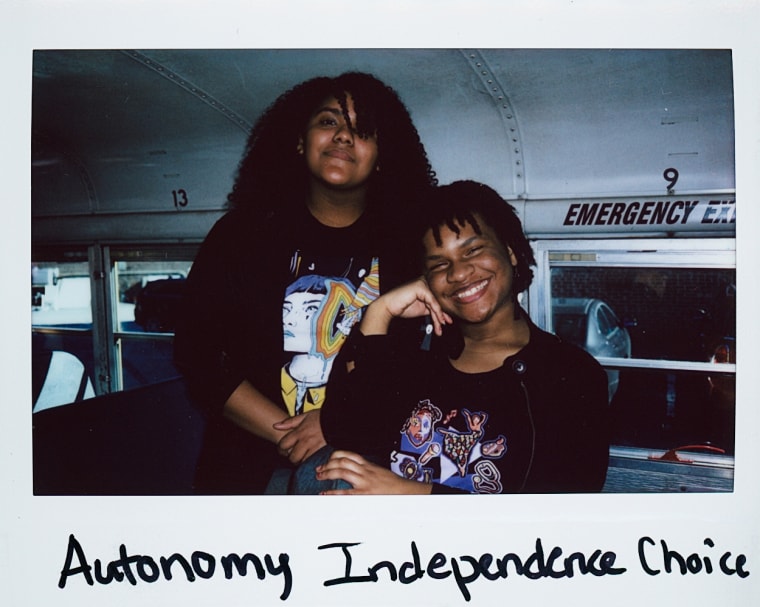
“There’s no better way to learn your history than to actively be a part of it,” she said. “Walking in the footsteps that my ancestors had previously was quite the experience. It brought some emotions to the surface, standing where slavery both started and started to end for many people.”
The trip added value to the class she took, she said, “because it focuses on my own story of Black people and where we come from — the real stories. There’s more to us than great people like Harriet Tubman and Nat Turner. … We came from a lot. Our history isn’t just about slavery.”
It’s that resilience of everyday people, she said, that she finds empowering “because you learn how strong we are.”
Lilliana Garza was the baby of the bunch on this trip — 15 years old. Her views of the world are shaped by her mother’s insight on racism.
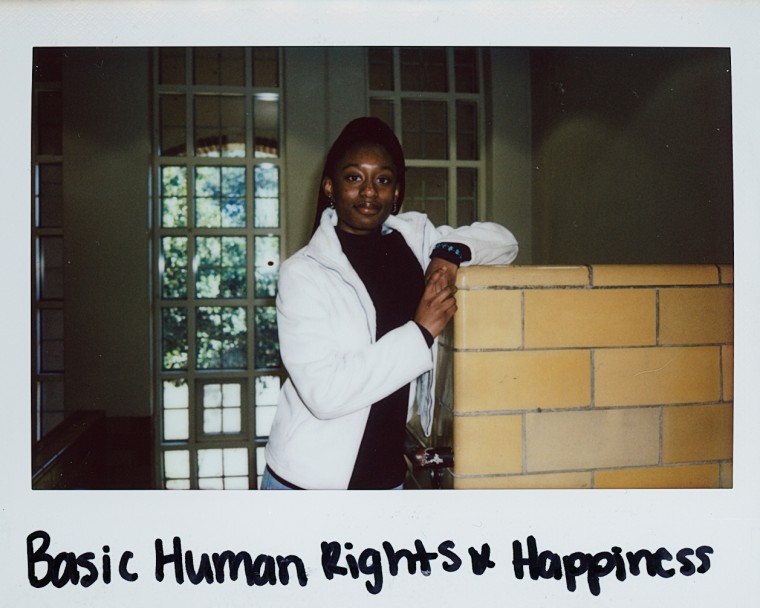
Allison says Garza is “a superstar” because she’s so mature for her age, beyond her years in poise and knowledge. She knows the political backdrop in which this class takes place, and that in a handful of states, teaching such history is becoming increasingly outlawed.
“A lot of people are threatened by this class — people who want their children to be sheltered from a lot of harsh truths about the formation of this country,” Garza said. “I think they are afraid of what happens when an oppressed people are empowered by their history.”
Over lunch at a café on the grounds, Garza said the trip there was an example of the value of the course.
“It didn’t change my views about slavery. Being able to see the impact of slaves and those newly freed in a preserved site only reminded me of how grateful I am for standing in modern society. Being here is not just a textbook or teaching from a whiteboard,” she said. “We actually got to see firsthand the foundation of what this location was built upon — skilled enslaved people. It’s an experience that you don’t get in other classes.”
Source: | This article originally belongs to Nbcnews.com
